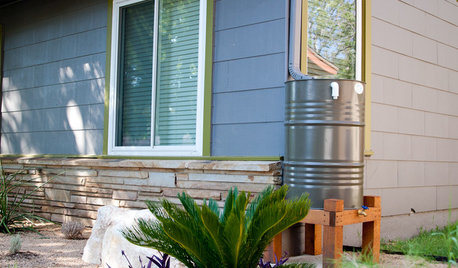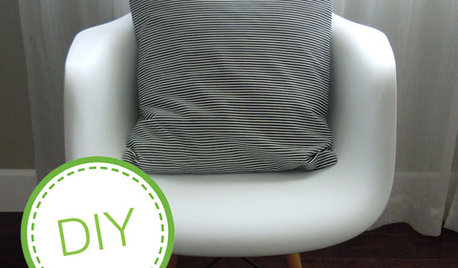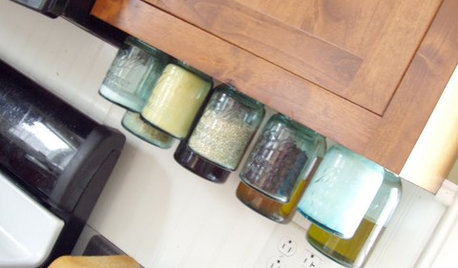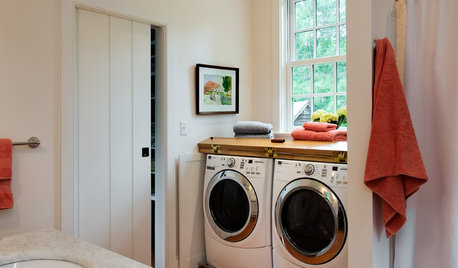Easy homemade washing machine water reuse system
watergal
21 years ago
Featured Answer
Sort by:Oldest
Comments (30)
watergal
21 years agohostalavista
21 years agoRelated Professionals
Norfolk Landscape Architects & Landscape Designers · Essex Landscape Architects & Landscape Designers · Belvedere Park Landscape Contractors · Dixon Landscape Contractors · Estelle Landscape Contractors · Peachtree City Landscape Contractors · Setauket-East Setauket Landscape Contractors · Vacaville Landscape Contractors · New Lenox Siding & Exteriors · Waterville Siding & Exteriors · Weymouth Siding & Exteriors · Bartlesville General Contractors · Columbus General Contractors · Mountlake Terrace General Contractors · Norwell General Contractorsterramadre
21 years agoJim_Michaels
21 years agoTezinGA
21 years agowatergal
21 years agowatergal
21 years agowatergal
21 years agoBarb9491
21 years agohostalavista
21 years agoTezinGA
21 years agoAurorabriarrose
21 years agoshakaho
21 years agozucchini
21 years agocecilia_md7a
21 years agosmittyct6
21 years agozucchini
21 years agodesertladynancyj
21 years agoLiatris
21 years agoajourni
21 years agoterryisthinking
21 years agoOkanagan
21 years agokodijack
21 years agoharleylady
21 years agoCanadian_Kimmy
21 years agojakkom
21 years agoKriswithaK
21 years agomid_tn_mama
21 years agoOkanagan
21 years ago
Related Stories

ORGANIZING6 Ways to Care for Your Washing Machine
Keep your laundry room and clothes in great shape with these basic washing machine tips
Full Story
GREEN DECORATINGEasy Green: Big and Small Ways to Be More Water-Wise at Home
These 20 tips can help us all make the best use of a precious resource. How do you save water in summer?
Full Story
HEALTHY HOMEHow to Choose a Home Water Filtering System
Learn which water purification method is best for your house, from pitchers to whole-house setups
Full Story
DIY PROJECTSRevive Your Space With a Homemade Pillow Cover
Give your bed or sofa a new look with a little fabric and some simple sewing skills
Full Story
MOST POPULAREasy Green: 23 Ways to Reduce Waste at Home
Pick from this plethora of earth-friendly ideas to send less to the landfill and keep more money in your pocket
Full Story
KITCHEN DESIGNGet Organized: Easy DIY Mason Jar Storage
Create a clever under-cabinet pantry system with pretty vintage jars
Full Story
HOUSEKEEPINGEasy Green: Steam Cleaners for a Chemical-Free Sparkle
Deep clean and sanitize by harnessing high-temperature water for floors, curtains and clothes as immaculate as they are healthy
Full Story
HOUSEKEEPINGDishwasher vs. Hand-Washing Debate Finally Solved — Sort Of
Readers in 8 countries weigh in on whether an appliance saves time, water and sanity or if washing by hand is the only saving grace
Full Story
BATHROOM DESIGNThe Family Home: 8 Easy Tips for an Organized Bathroom
If your bathroom has that hit-by-a-hurricane look that tends to come with kids, sort things out with these tried and true ideas
Full Story
GREEN BUILDINGWater Sense for Big Savings
Keep dollars in your pocket and preserve a precious resource with these easy DIY strategies
Full Story





mid_tn_mama